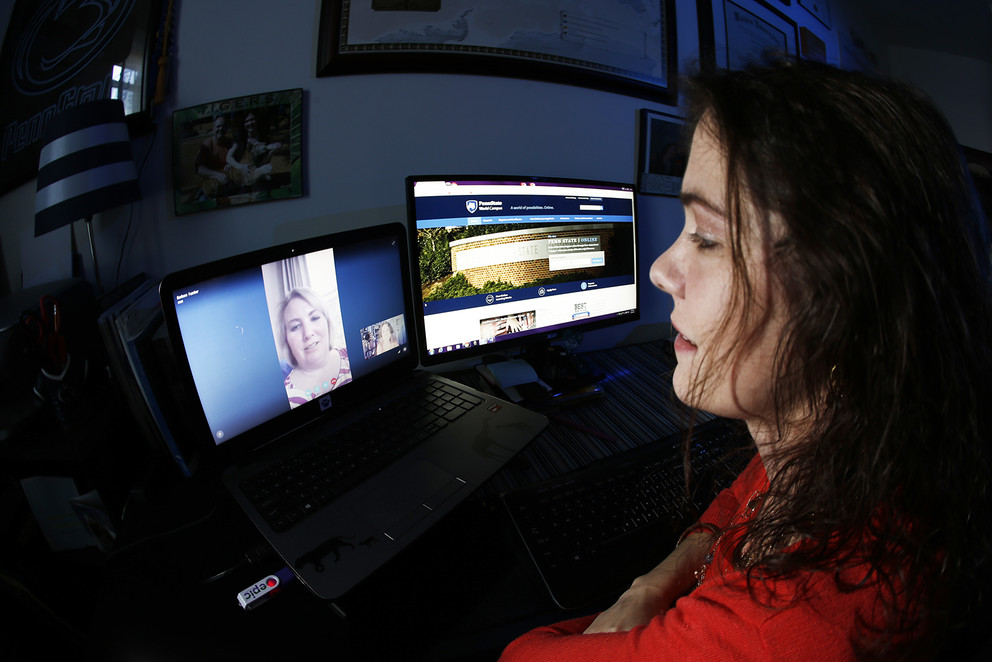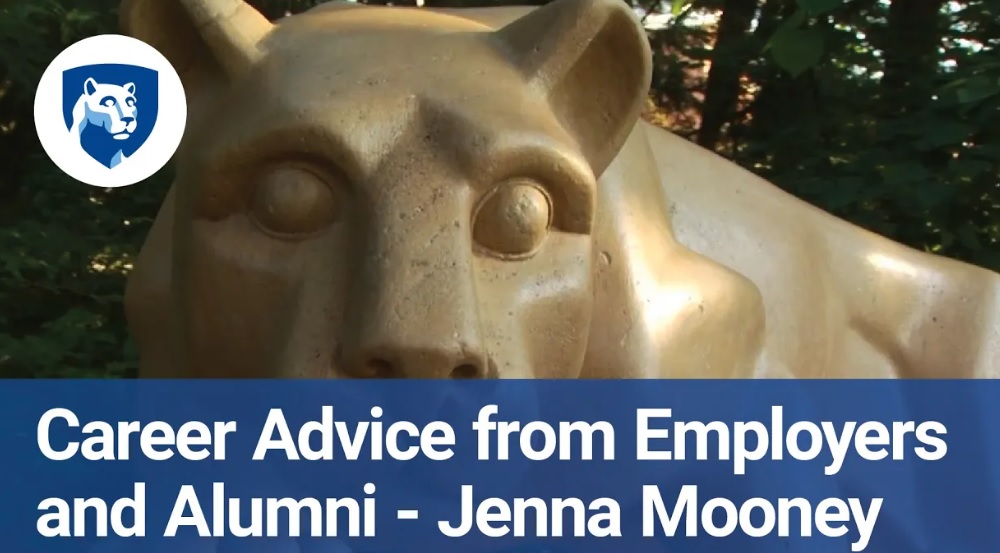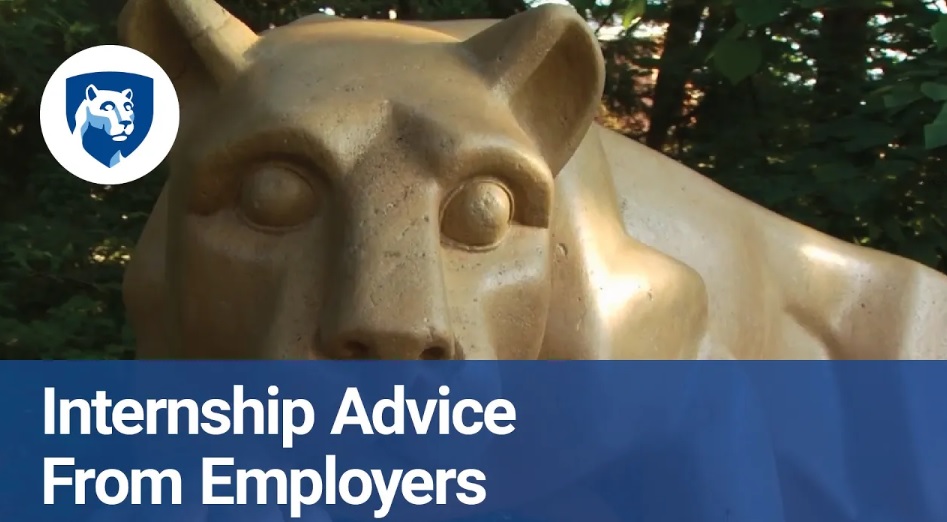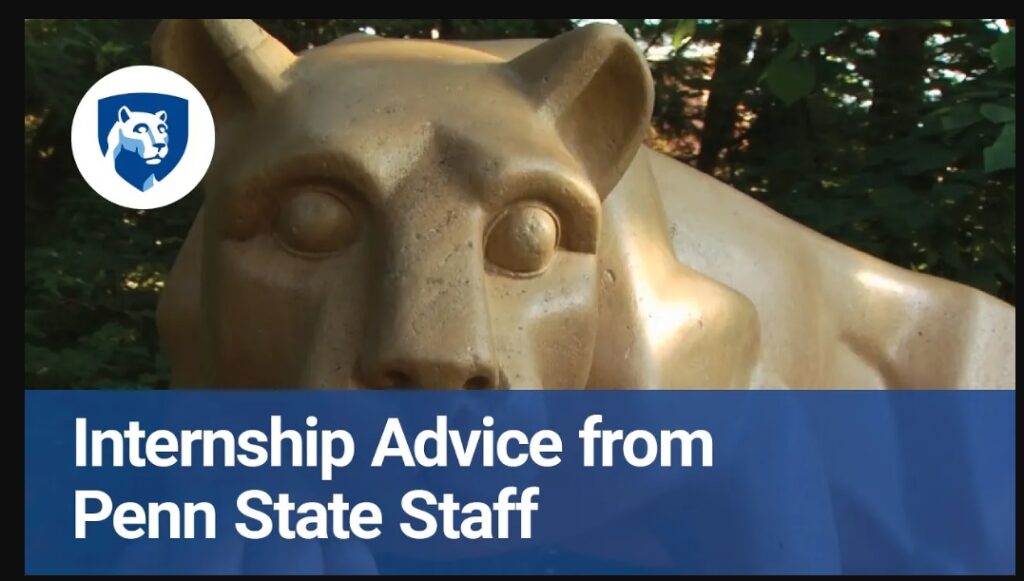
Mentors can be an invaluable tool for career success. You can gain professional rewards from having a mentor — and also by serving as one.
Mentors share “real world” lessons
There are certain lessons you can learn only on the job. Likewise, there are some real-world situations that often aren’t covered in textbooks. A mentor can help you zero in on what is truly important, highlighting the most critical things you will need to know to succeed in the field. They can also fill in the gaps by sharing practical tips you may not have learned in the classroom.
In any field, there are often common mistakes that people make when they are just starting out. Having a mentor who has “been there, done that” can be a great shortcut, as it gives you a way to gain that insider knowledge even when you are still in the early stages of your career. Even better, learning from your mentor’s challenges and missteps may help you avoid those same pitfalls and mistakes in the first place.
Other benefits of having a mentor
Mentors can also contribute in other ways that are helpful to your career growth, providing:
- guidance in helping you focus on where you want to go professionally, and how to get there
- advice on handling common work-related challenges and situations in a positive way
- moral support and encouragement when things get difficult
- insight on understanding a company’s internal culture and unwritten rules
In addition, a well-connected mentor may also help you access a wide professional network.
Types of mentors
There are different types of mentors, each of which can be valuable to you at particular stages of your professional journey. This article from The Muse describes three types of mentors — You in One Year, Your Five-Year Guide, and Your Career Planner — but there are plenty of other types of mentors, depending on your specific situation and career goals/needs.
Finding a mentor
Now that you know why you need a mentor, how do you go about finding one? Here’s a tip: don’t just approach a stranger out of the blue. Most likely, they will turn you down or not reply at all. Instead, look for someone with whom you have some kind of connection. That’s probably easier than you might think, as there are likely to be potential mentors all around you.
You can start by spreading the word among your existing contacts about your quest for a mentor, in case anyone you already know fits the bill (or knows someone who does). Also, browse your connections on LinkedIn and in other online networks to see if anyone has a connection in some of the industries or at some of the employers that align with your interests/goals.
Penn State students/alumni can also take advantage of the valuable resources offered by Penn State Student Affairs, such as LionLink, a professional networking program that can link you with alumni volunteer Career Coaches.
Holding up your end of the mentorship arrangement
Once you have found a great mentor, make sure to keep the relationship going in a positive direction. You must do your part, which includes being respectful of your mentor’s time and not expecting too much or being too demanding.
Respect the person by being prepared with professional development–related questions when you speak with your mentor. Research your field and come prepared to talk about your mentor’s experience, organization, or knowledge base.
Paying it forward — serving as a mentor
Once you reach a point in your career where you have gained critical knowledge about your industry or the professional world in general, you can “pay it forward” by serving as a mentor yourself. Remember all of the things that puzzled or intimidated you when you were first starting out, and look for ways that you might be able to assist other people who are now struggling with those same challenges.
A mentoring success story
For a great real-life example of how a mentoring situation can work well, check out this recent story about how Penn State World Campus graduate Heather Mitterer was able to serve as a mentor to a current student, even though they live 800 miles apart.
Image: Chris Knight




